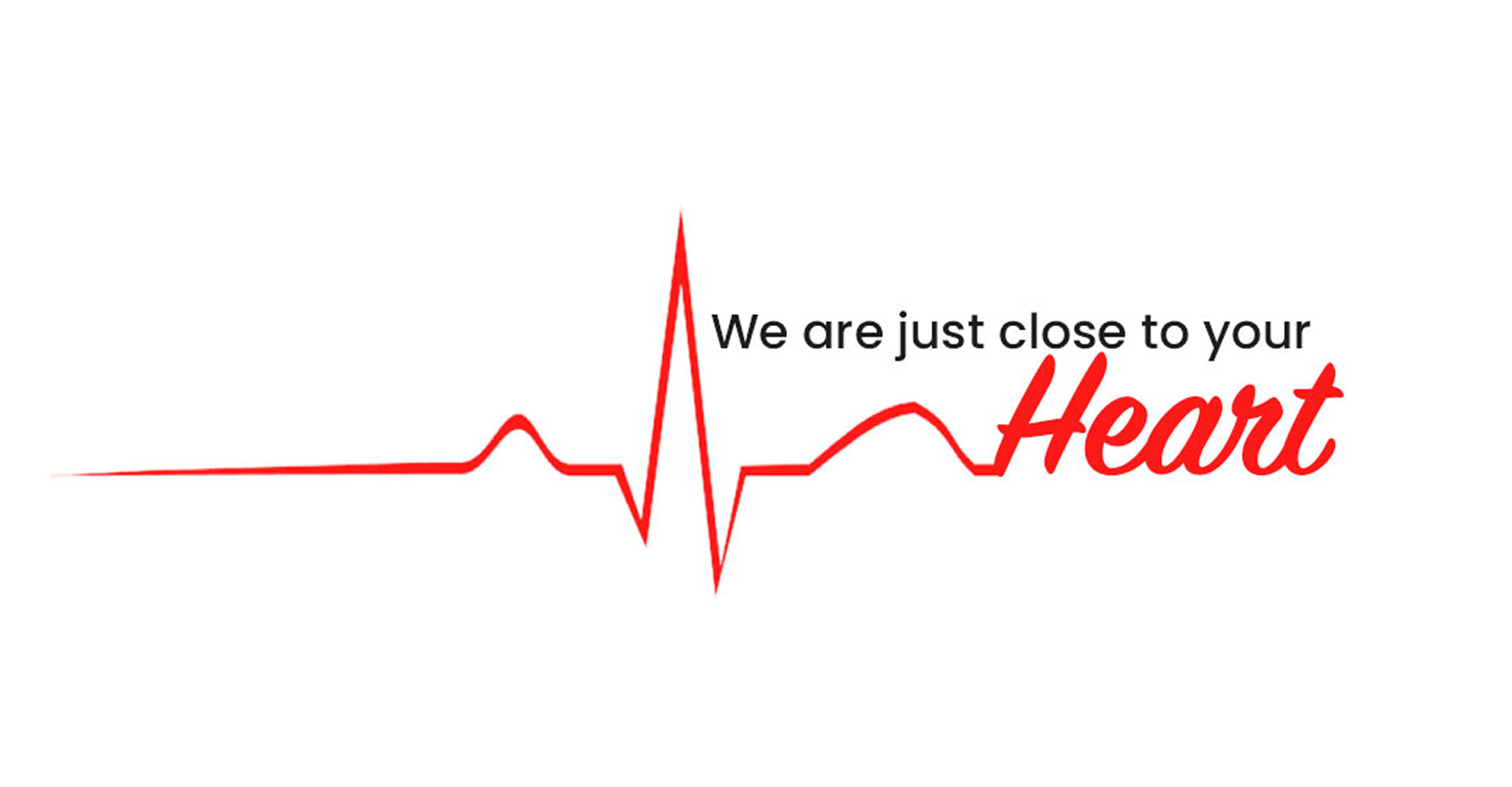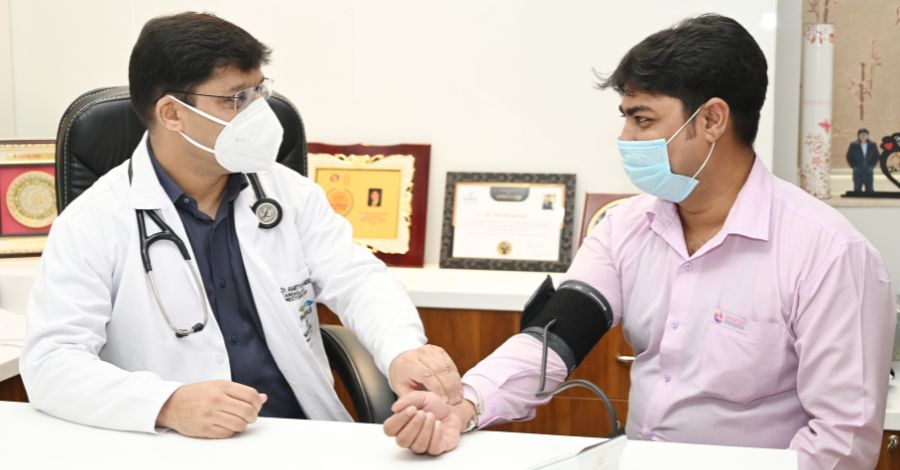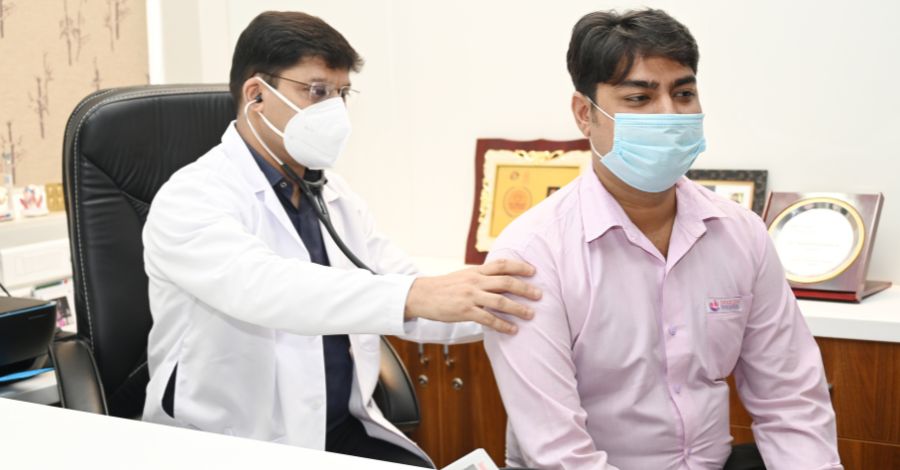


Who are Cardiologist?
A cardiologist is a medical doctor who specializes in the diagnosis and treatment of heart and blood vessel conditions. They are trained in internal medicine, and then go through additional training in cardiology, which usually takes 3-4 years after completing the internal medicine program. Cardiologists are experts in all aspects of cardiovascular health, including the diagnosis and treatment of heart disease, hypertension, and other conditions that affect the heart and blood vessels. They can perform a wide range of diagnostic tests and procedures, such as electrocardiograms (ECGs), stress tests, echocardiograms, and angiograms, to evaluate a patient's heart health. Cardiologists also work closely with other healthcare professionals, such as primary care physicians, nurses, and nurse practitioners, to provide comprehensive care for patients. They are involved in the management of patients with heart disease and hypertension, and also take care of patients with heart failure, valve disease, congenital heart disease, and rhythm disturbances.

The importance of regular check-ups and screenings with a cardiologist
Regular check-ups and screenings with a cardiologist are important for the early detection and management of heart disease. Cardiologists are specialists in the diagnosis and treatment of cardiovascular conditions, and they can help identify potential issues before they become serious problems. Regular check-ups with a cardiologist have several advantages that help in the prevention, early detection and management of heart disease.
Some of the key advantages include:
- Early detection of heart disease: - Regular check-ups and screenings can help a cardiologist identify potential issues before they become serious problems. This allows for early intervention, which can significantly reduce the risk of complications and improve outcomes for patients.
- Personalized treatment plan: - By identifying any abnormalities or risk factors, a cardiologist can develop a personalized treatment plan to help prevent or manage heart disease. This can include lifestyle changes, medication management, and other therapies tailored to the individual patient's needs.
- Monitoring progress: - Regular screenings can also help a cardiologist monitor the progress of a patient's condition and make any necessary adjustments to their treatment plan. This is particularly important for those who have already been diagnosed with heart disease, as early detection and intervention can significantly reduce the risk of complications.
- Detection of new issues: - Regular check-ups can help a cardiologist detect any new or unexpected issues that may have developed since the last visit. This is important for individuals who have been diagnosed with heart disease, as early detection and intervention can significantly reduce the risk of complications.
- Building trust and relationship: - Regular check-ups and screenings also allow patients to build a relationship with their cardiologist, which can help to promote trust and open communication. This can make it easier for patients to discuss any concerns or questions they may have about their heart health.
- Peace of mind: - Regular check-ups with a cardiologist give patients peace of mind knowing that they are being proactive in maintaining their heart health. This can help to reduce anxiety and stress related to heart disease.
- Overall, regular check-ups and screenings with a cardiologist are an essential component of maintaining good heart health and can help prevent or manage heart disease.

What happen in regular checkup?
During a check-up, a cardiologist will typically review a patient's medical history, perform a physical examination, and order any necessary diagnostic tests. These tests may include an electrocardiogram (ECG), a stress test, or a cardiac imaging study, such as an echocardiogram or a CT angiogram. By identifying any abnormalities or risk factors, a cardiologist can develop a personalized treatment plan to help prevent or manage heart disease. Regular screenings can also help a cardiologist monitor the progress of a patient's condition and make any necessary adjustments to their treatment plan. For example, if a patient has been diagnosed with high blood pressure, a cardiologist will want to monitor their blood pressure regularly to make sure it is under control. In addition, regular check-ups and screenings can help a cardiologist detect any new or unexpected issues that may have developed since the last visit. This is particularly important for those who have already been diagnosed with heart disease, as early detection and intervention can significantly reduce the risk of complications. Overall, regular check-ups and screenings with a cardiologist are an essential component of maintaining good heart health and can help prevent or manage heart disease.